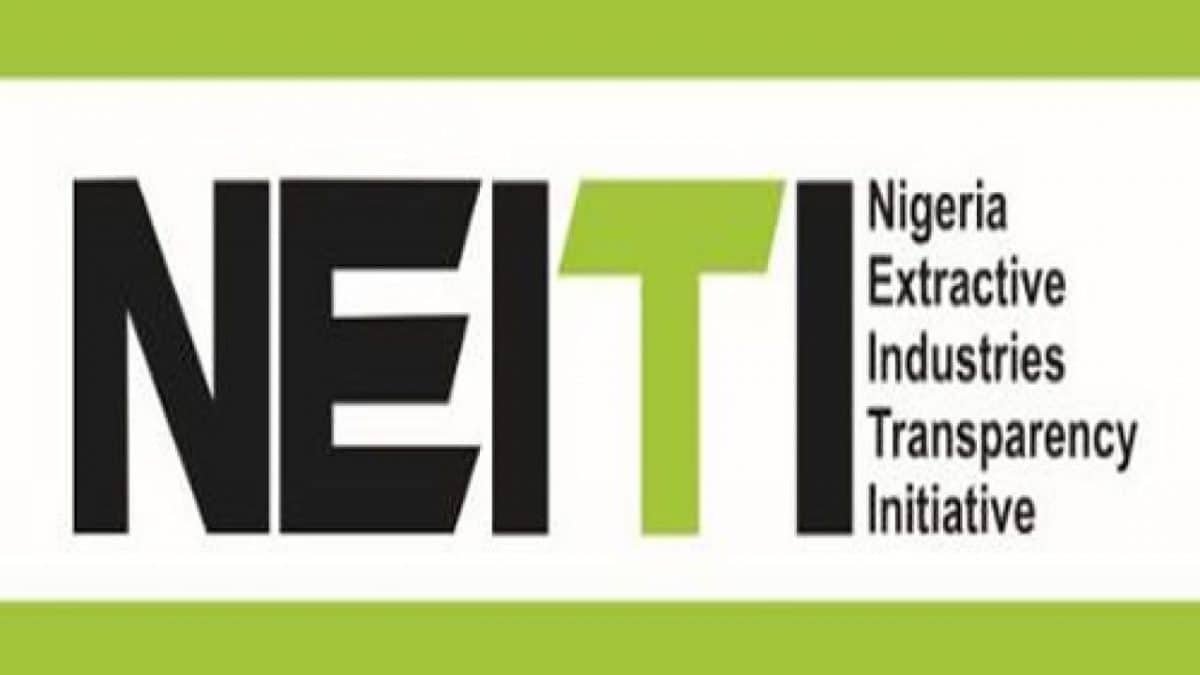The Federal Government has been asked to ensure transparency in the disbursement of the Conditional Cash Transfer (CCT) funds to selected needy homes across the country.
The Nigerian authorities last week announced fresh plans to distribute cash to the poorest of the poor households mapped across the 36 states.
In a statement on Tuesday, Human, Environmental and Leadership Prevalent Centers (HELP Center) tasked the Federal Government to ensure the cash distribution is guided by digital dashboard to avoid manipulations by vested interests.
The statement signed by the group’s Chairman Azeez Tajudeen, commended the Federal Government for the initiative.
He said the on ongoing disbursement of the Conditional Cash Transfer (CCT) funds to the poorest of the poor households across the country will meet basic need of millions of vulnerable families in the country whose conditions have been compounded by the global lockdown.
The National Cash Transfer office (NCTO) under National Social Investment Program (NSIP) through its tweeter handle on April 4 said from Monday this week, cash will be distributed to indigent families of the poor spread across 18 states.
The affected states are Niger, Osun, Plateau, Kwara, Kogi, Benue, Gombe, Adamawa, Taraba, Kaduna, Cross River, Kano, River, Jigawa, EKiti, Oyo, Imo and Baunch.
Beneficiaries are expected to start collecting their Conditional Cash Transfer funds as the disbursement has kicked off in some states including the Federal Capital Territory, (FCT).
HELP Center said the ongoing Conditional Cash Transfer (CCT) disbursement is not a new intervention program specifically designed to relieve the effect of COVID-19 pandemic in the country neither is it an international donors’ support, but one of the existing programmes carved out from $322.5 million Sani Abacha loot proceeds as a poverty intervention programme.
Tajudeen said “other areas covered by the Abacha loots are National Home Grown School Feeding Programme, N-Power, GEEP-Enterprises and Empowerment Programme and the other.”
He said the clarification wad necessary in order to guide the general public as some Nigerians are being mis-informed as if the disbursement is solely meant for COVID-19 palliative adding that it is an outstanding transfer of CCT funds due for the payment.
“The Federal Government of Nigeria through Ministry of Humanitarian Affairs, Disaster Management and Social Development is charged to be more transparent on the course of disbursement because, the poor beneficial households are critically in need of this fund due to the serious effects of ongoing COVID-19 lockdown in some states including FCT” Tajudeen, whose organisation receives Technical support from Human and Environmental Development Agenda, (HEDA Resource Centre) Nigeria-s leading anti-corruption group said
He said the call for transparency was informed by the fact that there were several challenges associated with the National Social Investment Program in the past where the poorest beneficiaries were being short-changed of their collected token as acclaimed by local and international groups including but not limited to HEDA Resources Center, UKAIDS, ANEEJ, ICPC and other agencies that are monitoring the programme.
HELP said “On maintenance of social distancing, HELP Center enjoyed all the staffs of NSIO, concerned state spoke persons and other agencies that involve in the disbursement to strict to the maintenance of social distance of the people as emphasized by Federal Government of Nigeria through which some states like Lagos and Osun have recently passed COVID-19 emergency law in their states. To this effect, more security agencies need to be carried along during the disbursement so that, beneficial communities would not breach the social distance law as it were.”
He commended the Federal Government and Ministry of Humanitarian Affairs, Disaster Management and Social Development for their pro-activeness especially during COVID-19 pandemic.
Tajudeen also called on the general public not to relent in supporting the good intension of the government as a means of dealing with the COVID-19 fallout.




